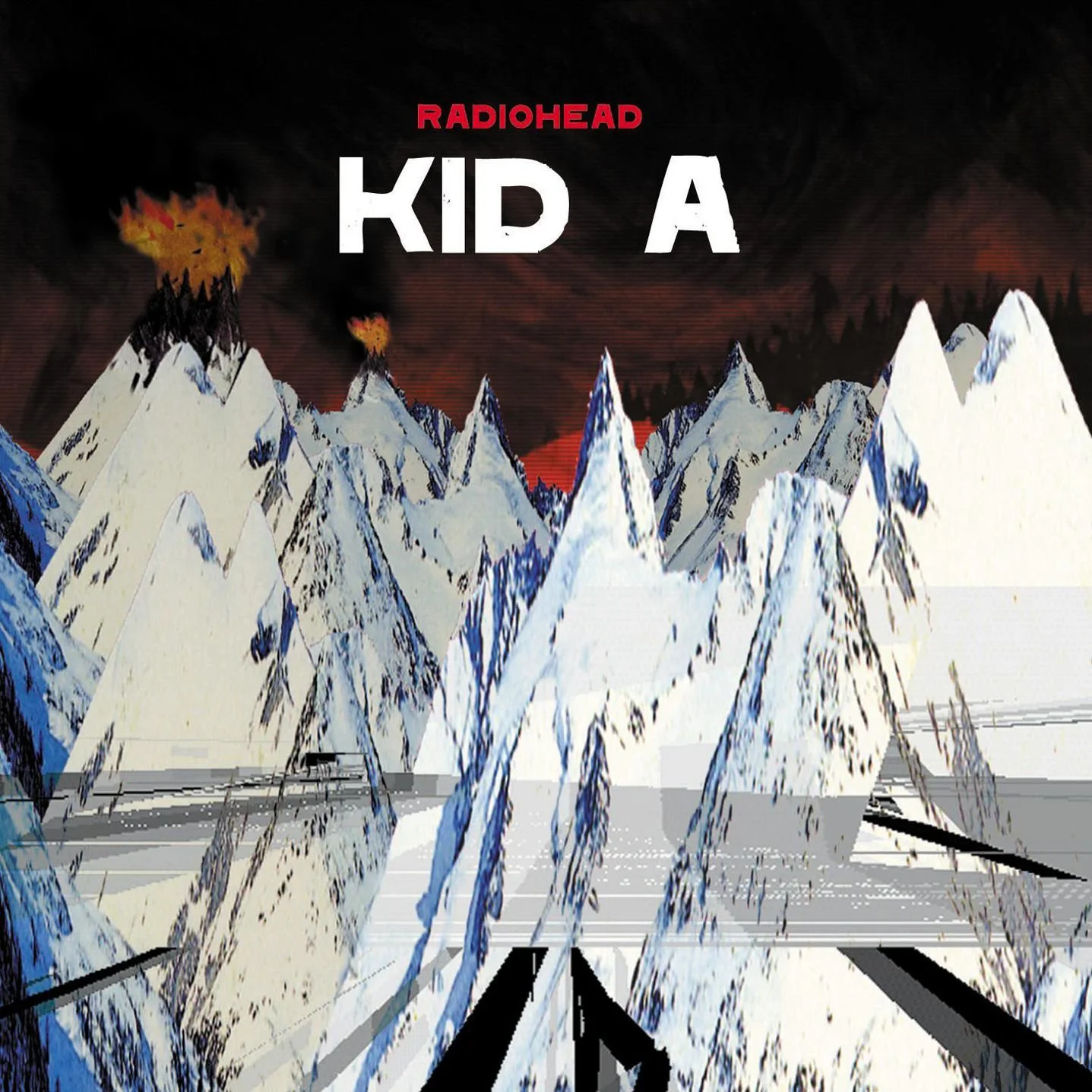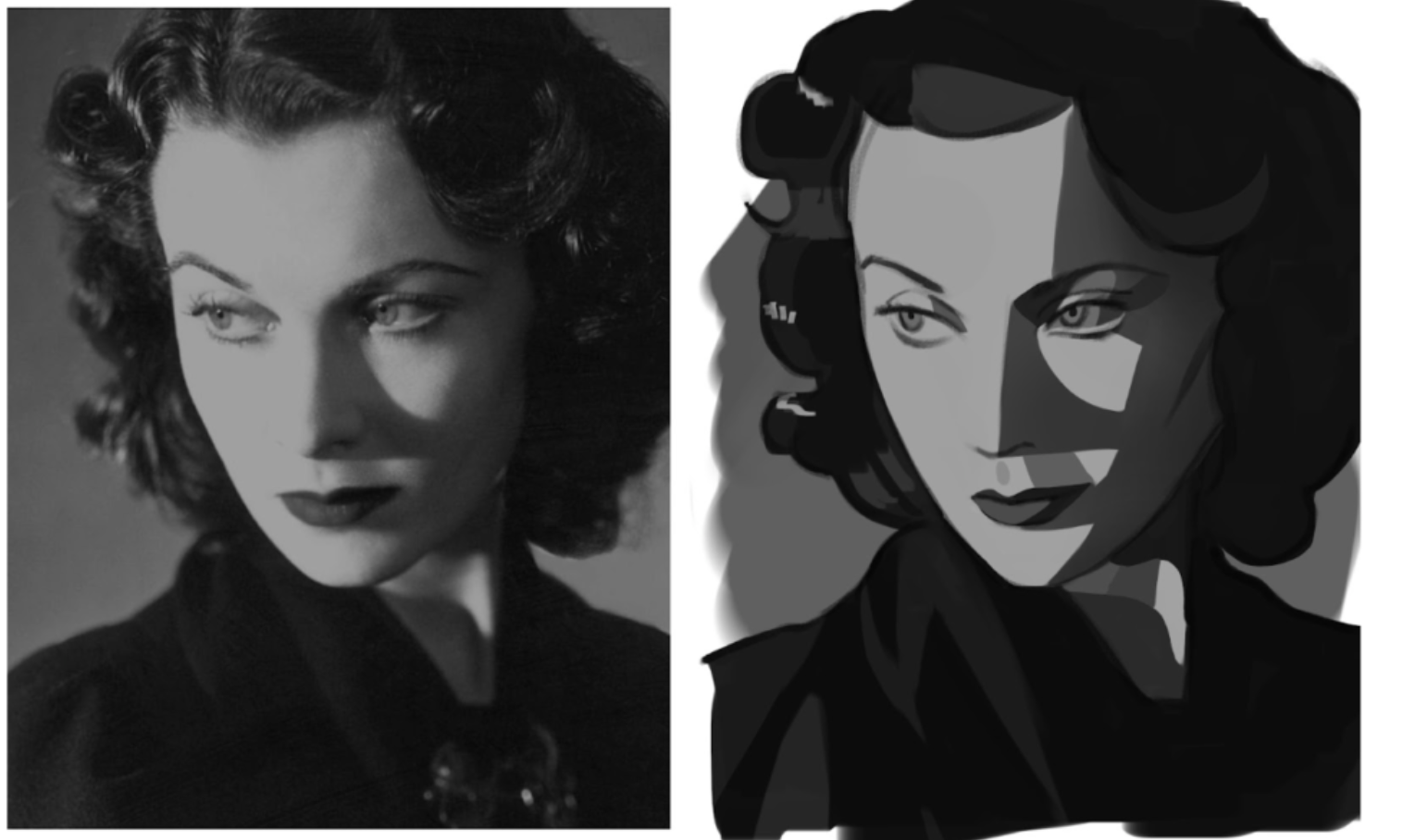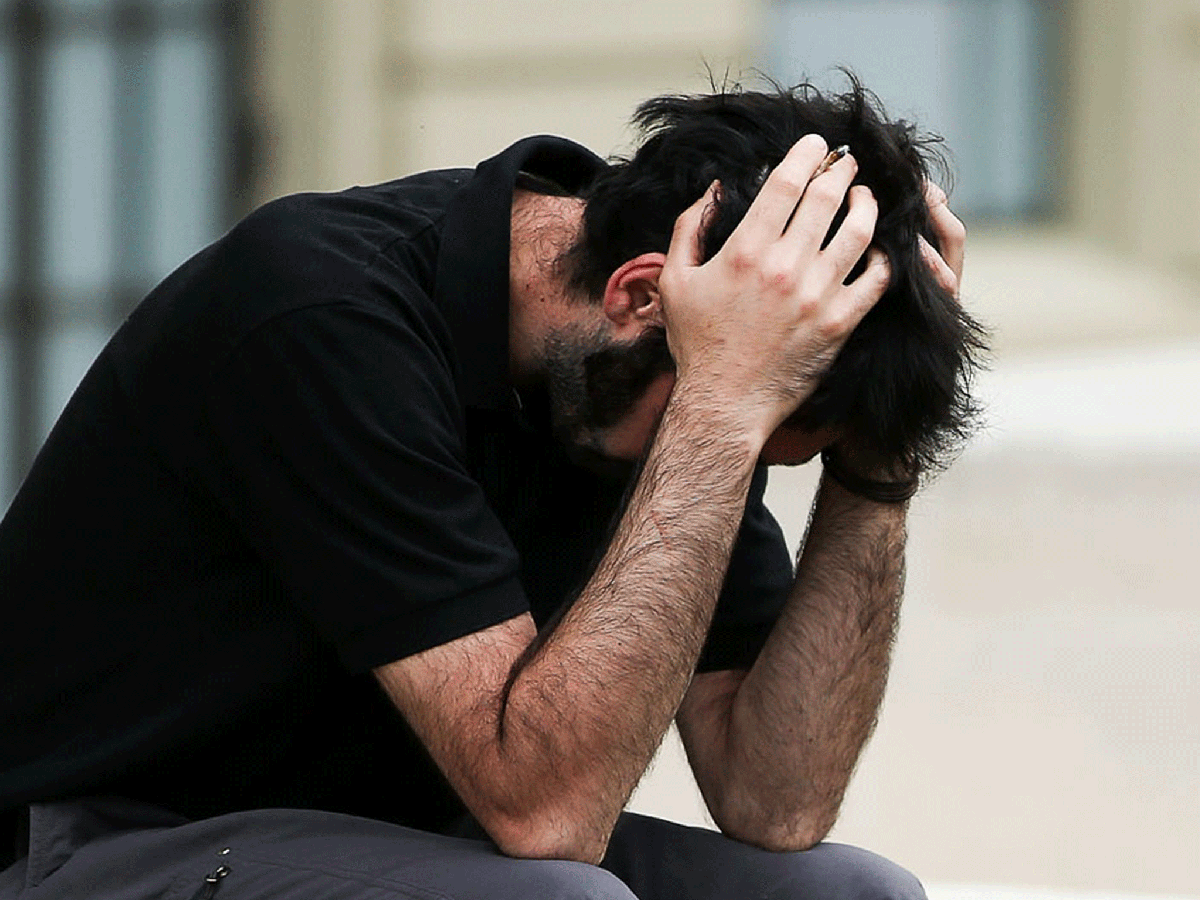Genre: an amalgamation of electronica, alternative/indie rock, ambient music, and experimental rock
Rating: 4/5
If you liked this album (other recommendations): Selected Ambient Works 85-92 (1992) – Aphex Twin, Mezzanine (1998) – Massive Attack, Music Has The Right To Children (1998) – Boards of Canada
On October 2, 2000, English rock band Radiohead released their fourth studio album Kid A. The band was no stranger to praise and critical acclaim following the release of their previous albums, such as The Bends (1995), which further rose their popularity and solidified their position in the world of alternative/indie rock. The release of OK Computer (1997) earned them international recognition, having sold at least 7.8 million copies worldwide. With the whole world’s eyes on the band awaiting the next album release, Radiohead felt immense pressure to meet the expectations of eager fans and critics alike.
‘I think, as long as you keep moving, you’re all right,’ he said. ‘The thing is you’re always developing and expanding. It’s a protean thing and a public image can’t keep pace with it. So it – the process of success – is like this slow-drying glue that sets around you, that slows you down and gums you up.’ – Colin Greenwood, bassist
However, they felt like taking a different approach for their next album. The perpetual cycle of writing, recording, and touring of commercialized modern music was not the direction they wanted to follow. The release of the hit OK Computer and the intense touring and performing that followed sent lead vocalist Thom Yorke down a spiraling state of depression and writer’s block. With the world and their dedicated fanbase scrutinizing their every creative decision, the band believed they had hit their pinnacle of artistry and musical stardom. After a year of recording in 4 different studios across Europe and scrapped recording after scrapped recording, Kid A was born—a product of frustration, trial and error, and severe depression.
The album comprises 11 tracks spanning 47 minutes. What I felt when listening to the album for the first time could only be described as an out-of-body experience. It embodies the feeling of derealization– becoming hyper-aware of your existence; detaching yourself from your surroundings as you watch the world pass before your eyes; almost as if transporting you to an alternate reality where everything is cold, disoriented, and isolated. The album does this by combining elements of different genres; most notably techno, rock, jazz, and classical, to create an idiosyncratic style that simply cannot be found in any other album. Although this may sound like quite the discordant mix, the album in itself is an oxymoron of organized chaos, painting the picture of a world devoid of humanity. Some of my favorite songs from the album include ‘Everything In Its Right Place’ (the opening track), ‘How To Disappear Completely’, ‘Motion Picture Soundtrack’, and ‘Idioteque’. These individual tracks are masterpieces on their own but when listened to in chronological order, the masterful pacing allows each track to flow seamlessly into the next. The album also misleads the listener, moving through ambient tracks such as ‘Treefingers’ into the tumultuous frenzy of ‘The National Anthem’, with its blaring trumpets and roaring bass paying homage to the genres of jazz and rock. These transitions only enhance the listening experience, detailing a universe of chaos and disorder.
Many fans have theorized the true concept of the album, but Yorke continues to deny these speculations and quotes: “if you call it something specific, it drives the record in a certain way. I like the non-meaning.”
Whether you like the album or not, its impact is undeniable. Radiohead’s Kid A was groundbreaking and innovative, testing the limits of rock music. Perhaps one of the most polarizing records in the history of alternative rock music, it has received much praise, securing the 20th spot on Rolling Stone’s ‘500 Greatest Albums of All Time’ and earning the title of ‘Best Album of 2000’ by Times, while other critics have referred to it as ‘career suicide’, ‘a betrayal of Radiohead’s strengths that leaned into their worst miserablist impulses’.
I will stand by the fact that OK Computer is my favorite Radiohead album. Paranoid Android (which, in my humble opinion, equates to the Bohemian Rhapsody of Generation X) will forever be one of my favorite songs of all time, but the Kid A album comes to a close second.
The album is definitely an acquired taste and some might not enjoy the disarray and cacophony the tracks present. Nevertheless, I recommend it to anyone willing to expand their musical horizons. I consider Kid A to be one of the albums that get better with each listen.
Hyolyn Kim




